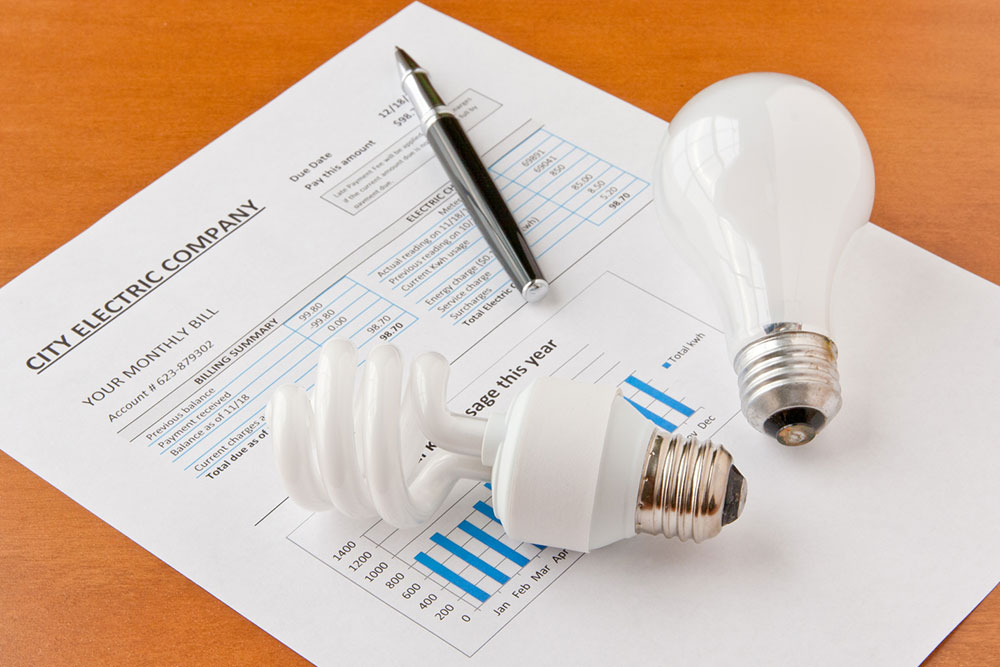Key Things to Know About Electricity Bill Relief
Having to sustain without electricity even for a day is a considerable challenge, because energy powers all of one’s utility and luxury-based appliances. However, paying electricity bills can sometimes be a challenge for certain groups, especially for seniors who no longer have a steady source of income. Fortunately, the government offers electricity bill relief programs that can take care of one’s electricity expenses partially or fully. Here’s everything to know about electricity bill relief:

Eligibility criteria for electricity bill relief
The criteria for electricity bill relief programs may differ based on the state one resides in, although some may apply to all states. Here are some common eligibility criteria:
Age
Certain programs offer energy bill relief for seniors struggling to make ends meet after retirement and do not have a family member to depend on. Energy bill relief can take a major burden off senior citizens’ shoulders so that they can focus on their other important expenses.
Disability
Certain government policies provide electricity bill relief for individuals with a physical or mental disability whose incomes don’t suffice to pay their bills independently.
Weather conditions
In very humid or freezing weather conditions, states may make allowances for high energy bills because of the need to use appliances like humidifiers, air conditioners, etc. They may provide partial energy bill relief accordingly.
Income level
Another important factor that most states consider is a person or family’s income level, which means that low-income households may get financial support to pay their electricity bills.
Electricity bill relief programs and other avenues
Weatherization Assistance Program (WAP)
Weatherization Assistance Program or WAP is a scheme that reduces the electricity bills of those with low income by installing more energy-efficient appliances in their homes. The U.S. Department of Energy funds different states in the country, which then take over the management of the program.
Low-Income Home Energy Assistance Program (LIHEAP)
This program actively provides financial support for low-income families to pay off their energy bills and prevents power outages as much as possible. It also aids with minor electricity repair charges and weatherization and can help people with low or no income pay their bills without compromising their daily living.
Emergency Home Assistance for the Elderly Program (EHEAP)
This program is entirely funded by the federal government and provides electricity bill relief for seniors during emergencies. To be eligible for this program, one should be at least 60 years of age and provide proof of residence to be considered. Some states may also offer other benefits to beneficiaries, such as financial assistance to pay for repairs or buy certain appliances.
Emergency contact for energy bill relief
Just like 9-1-1 is the standard number for emergencies, 2-1-1 is the go-to emergency contact if one needs urgent help paying utility bills, including energy bills. The person’s case may then be passed on to a reliable charitable organization, who can provide immediate partial or complete electricity bill relief based on the bill amount and their budget.
Local social service agencies
One can also contact a local social service agency or charitable trust that can provide immediate financial assistance if one needs urgent electricity bill relief.
Things to remember when availing of electricity bill relief
The rules may differ among states
Different states have different rules and eligibility criteria for electricity bill relief, so one should check out these rules beforehand to understand whether one qualifies for such assistance. This applies even to the programs developed by the federal government because individual state governments are usually given the authority to manage the programs independently.
Most of these relief programs are based on income levels
Most electricity bill relief programs first consider a person’s income level to decide whether they are eligible for financial assistance. So, one should check out these income-level criteria beforehand and only seek support if one falls in the category that qualifies for such support.
Follow best practices to conserve electricity
Although energy is a basic need, conserving energy whenever it is not in use can help save a considerable amount at the end of the month. Even simple, basic practices like switching off lights, fans, etc., when not in use and using appliances like ACs only when fans don’t suffice can make a significant difference.
Install energy-efficient appliances
Some programs for electricity bill relief also assist with buying energy-efficient appliances, which can go a long way in reducing electricity bills. One should invest in these appliances because they help save a lot of money in the long run.
Check energy ratings
Appliances like refrigerators and ACs always have energy ratings these days; buying appliances with high energy ratings can reduce electricity bills. So, one should check these energy ratings before buying any appliance.
Avoid overspending on appliances
It is easy to overspend on appliances and electronics these days, considering the sheer variety in the market. But before buying an appliance, one should consider whether it is really needed and buy only those appliances that one would require on a daily basis.
Electricity bill relief can help cut down on costs, enabling individuals to sustain and make ends meet. Being aware of certain aspects regarding electricity bill relief in one’s state can help seek assistance from the right entities.